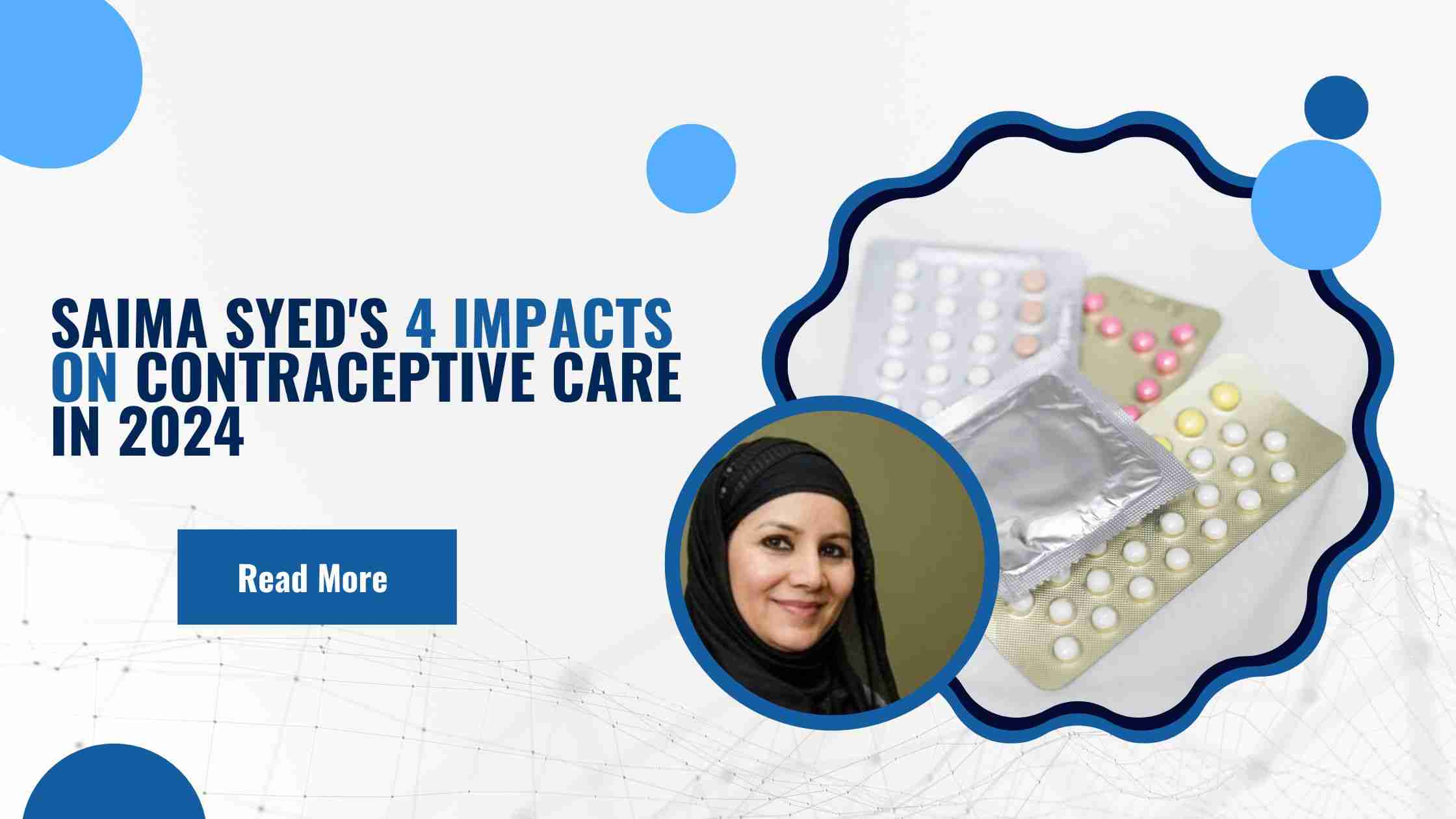Contraceptive care has undergone significant transformations in recent years, with 2024 marking a notable period of advancement. Saima Syed, a leading physician in Snellville, United States, highlights four key impacts on contraceptive care this year, reflecting the innovations and shifts shaping women’s health.
1. Enhanced Access to Long-Acting Reversible Contraceptives (LARCs)
2024 has seen a significant push to increase access to long-acting reversible contraceptives (LARCs) such as IUDs and implants. Dr. Saima Syed emphasizes that these methods are highly effective and require minimal maintenance, making them ideal for many women. Initiatives to provide LARCs at low or no cost through public health programs have reduced barriers, enabling more women to choose reliable, long-term contraception without financial strain.
2. Expansion of Telemedicine for Contraceptive Counseling
Telemedicine has continued to revolutionize healthcare, and contraceptive care is no exception. Dr. Syed notes that the expansion of telehealth services in 2024 has made it easier for women to access contraceptive counseling and prescriptions from the comfort of their homes. This is especially beneficial for those in sheltered areas or with fixed mobility. The convenience of virtual consultations ensures that more women can receive timely, personalized
contraceptive advice and care.
3. Introduction of New Non-Hormonal Contraceptive Options
This year has also seen the introduction of innovative non-hormonal contraceptive options, catering to women who prefer or require alternatives to hormonal methods. Dr. Saima Syed highlights the launch of new non-hormonal gels and vaginal rings, which offer effective contraception without altering hormonal balance. These advancements provide more choices, helping women find the best method for their health needs and preferences.
4. Increased Focus on Male Contraceptives
Another significant development in 2024 is the increased focus on male contraceptives. Dr. Syed underscores the importance of shared responsibility in family planning. Emerging male contraceptive options, including hormonal and non-hormonal methods, are progressing through clinical trials. These innovations promise to expand contraceptive choices and promote gender equity in reproductive health.
Conclusion
Saima Syed's insights into the changes in contraceptive care in 2024 underscore the progress made in making contraception more accessible, diverse, and equitable. These developments reflect a commitment to empowering individuals with the tools to make informed decisions about their reproductive health.
Visit: https://www.zocdoc.com/doctor/saima-syed-md-17514
